
Some days, I wanted to be a kid. I wanted to hang out, eat food someone else made for me, and live responsibility-free. Some days, I wanted to be an adult. I wanted to make important decisions, handle major responsibilities, and understand real truths.
I didn’t go from kid to adult all at once. I did it ungracefully, sometimes resentfully. I made a lot of mistakes–some of them serious.
Do you remember how that felt?
I believe we can help our teens become grown-ups while we disciple them for Christ. I believe we can live in harmony, and help our kids navigate the thorny fields of adolescence. It isn’t easy to respectfully parent a teen, but it is possible.

10 Ways to Show Respect for Your Teen
1. Listen to your teen
Our teens are dealing with developing minds, and they have a plethora of ideas and opinions. It’s our job to listen, just like we would listen to a girlfriend over chai tea at the little coffee shop down the street. We don’t need to agree with whatever is spilling out of their mouths–we just need to stop teaching and directing them long enough to hear their hearts.
Consider this: If you don’t know what your teen is thinking, how can you speak truth to any error that may percolating in the corners of his brain? How can you pray effectively? More importantly (because God already knows what is going on in there), how will your teen feel respected if you don’t set down the spitting pan of bacon, look into her eyes, and hear her heart?
2. Give your teen’s thoughts and feelings weight
Our teens are almost adults. We’ve had anywhere from thirteen to eighteen years to teach them how to live, how to reason, and how to discern. They are preparing to greet this wide world we reside in all on their own. These are the years they will set stakes in the ground.
Will they follow Christ? Will they live according to His standards? Will they continue to pursue Him? Our children are becoming grown-ups. They deserve to have us validate their thoughts and feelings.
Again, this doesn’t mean you must agree with everything your teen thinks or feels–more than likely, you won’t. It just means you get to be a safe place for them to work through their angst and confusion. You value your teen–her ideas mean something to you.
3. Find ways for your teen to put their faith into action
Not only do our teens have valuable thoughts and ideas, they have important skills, abilities, and desires as well. Our children don’t need to wait until they are 30 to put their faith into play–they can impact the kingdom of God right now, if their hearts are regenerate.
Get creative. Brainstorm with your teen, pray, decide on a goal, then help open doors to that goal. But let the majority of your teen’s outreach rest on his shoulders. This is his walk with God. The practical application of a child’s faith can be as diverse as God’s kingdom. I’ve seen some amazing stories, and some under-the-radar faithful teens.
4. Ask your teen for help
I know, I know. We don’t need help–until it comes to the dishes or the bathrooms. Ask for help anyway. You may be surprised.
Your teen may excel at research, planning, technical support, landscaping, or speaking. How will you know if you don’t give her an opportunity to practice? You are training your child to be part of a community–this is the time for her to come alongside you and become part of the team. One of my teens just named a new book series I’m working on.

Grab your FREE Bible Study Tool Kit–over 130 pages of Bible resources for your family!
5. Increase your teen’s study
We must not let our teens leave home without a clear understanding of God’s story for mankind, God’s nature, the gospel, and their responsibilities in the Kingdom of God. Move your child from spiritual milk to spiritual meat by increasing the Bible study you expect at home.

You’ll notice that in Bible Road Trip, the Rhetoric level of study is substantially heftier than the Upper Grammar level. By 10th to 12th grade, teens using the study will read the entire Bible, study an entry-level college text, and memorize quite a few Bible verses each week. They will also begin to share what they are learning with others via a blog or a video broadcast. Likewise, Dialectic students (7th – 9th grades), have an work load that is increased from the Upper Grammar level, working from an adult text written for laypeople.
We expect our teens to wear clean socks, do chores and complete their homework. Why don’t we expect them to study the most important book they’ll ever encounter?
6. Increase your teen’s freedom
As our teens prove they are trustworthy, we must increase their freedom. Anything less breeds discontent and resentment.
I’m not saying you should place your teen in danger. But the teen years are the perfect time to allow our teens to practice small freedoms, increasing them as our teens stay within the parameters we’ve outlined. Now is the time to show your teen you trust them.
7. Increase your teen’s responsibility
We’re raising grown-ups; we must allow them to grow up.
You can accomplish this in a number of ways: allow your teen to lead prayer or Bible reading at family worship once a week, or daily. Ask your teen to help plan meals for the family. Let your older teen get a job (with a limited number of hours so that they can still study and be a part of the family). Transition individual responsibilities (like paying for their own car insurance) to your teen.
Let your teen practice adult responsibilities in the familiarity of your home, with a safety net, before he must truly be an adult.
8. Don’t freak out over your teen
I know–this one sounds silly. Here’s the deal: as we increase freedom and responsibility for our teens, they are bound to make a mistake here or there. We can’t overreact. We must remain calm.
When your teen blunders through a situation, remind her where the boundaries lie. Discuss the issue at hand. Never, ever discuss the issue from two months ago. You hate it when your spouse does that to you, right?
That said, respect your teen enough to allow real life consequences. By this age, our teen’s mistakes have true consequences. If you are having trouble determining the natural consequence of a given action, envision the results if your teen lived on their own in the real world. How much would their mistake cost? Who would it impact? One of my saddest parenting moments was reporting something one of our older teens did to the authorities. We didn’t lecture. We discussed the issue, expressed true pain over the choice our teen had made–and let that teen live with the consequences of the deliberate choice they had made.
9. Love your teen for who they are
Our teens were uniquely created by God, and they are designed just as he envisioned them. Our teens are also sinners–they are going to do things we dislike. The teen years are an opportunity to love our kids unconditionally. We can extend to them grace, love and forgiveness–just as God has extended those things to us.
10. Your best tip for respecting your teen
No true conversation is one-sided. What do you think is a great way to show respect for our teens?
Bible Resources for Your Kids
Learn More HereLearn More HereLearn More HereLearn More HereLearn More HereLearn More Here
Help Your Kids Learn and Love the Bible

You want your kids to learn and love the Bible.
You want to teach the Bible…
As parents, we deeply desire the best for our kids. We look for the right schools, we make them eat right and exercise, and we get them involved in extracurricular activities. We take our job as parents seriously.
But are we also putting our time and energy into
teaching them the Bible? Giving them the life-changing, soul-nourishing words of Scripture is not only doable, it’s an essential part of parenting kids for Jesus. And the good news is, studying God’s Word as a family doesn’t have to be difficult!
2 Timothy 2:15, ESV, says:
Do your best to present yourself to God as one approved,
a worker who has no need to be ashamed, rightly handling the word of truth.
Our job, as parents who love Jesus, is to help our kids become approved workers, unashamed and rightly handling the word of truth.
The good news? Teaching the Bible isn’t hard. Your family can learn the Bible together.
…and you can!
A Crash Course in Teaching the Bible to Your Kids
Danika Cooley’s book, Help Your Kids Learn and Love the Bible, will give you the tools and confidence to study the Bible as a family. It will help you identify and overcome your objections and fears, give you a crash course in what the Bible is all about and how to teach it, and provide the guidance you need to set up a family Bible study habit.
You will finish this book feeling encouraged and empowered to initiate and strengthen your child’s relationship with the Lord through His Word.

Help Your Kids Learn and Love the Bible will equip you with everything you need to know to teach the Bible to your kids!
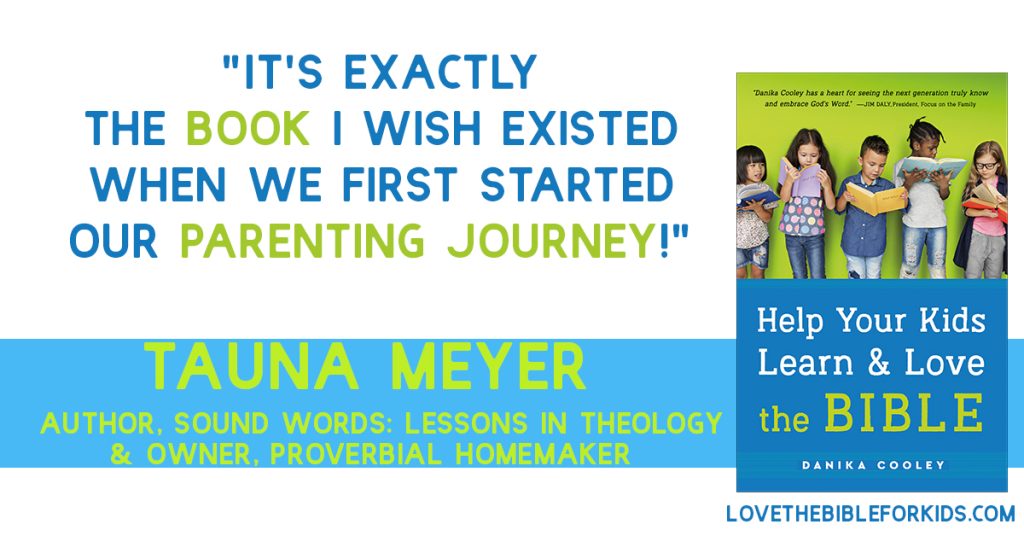

Grab the autographed Reformation Family Bundle!
Thinking Kids Posts You’ll Love

Join the newsletter

Get the Family Prayer Box Project FREE!
Teach your children to pray with this fun project that includes 7 printable sets!















































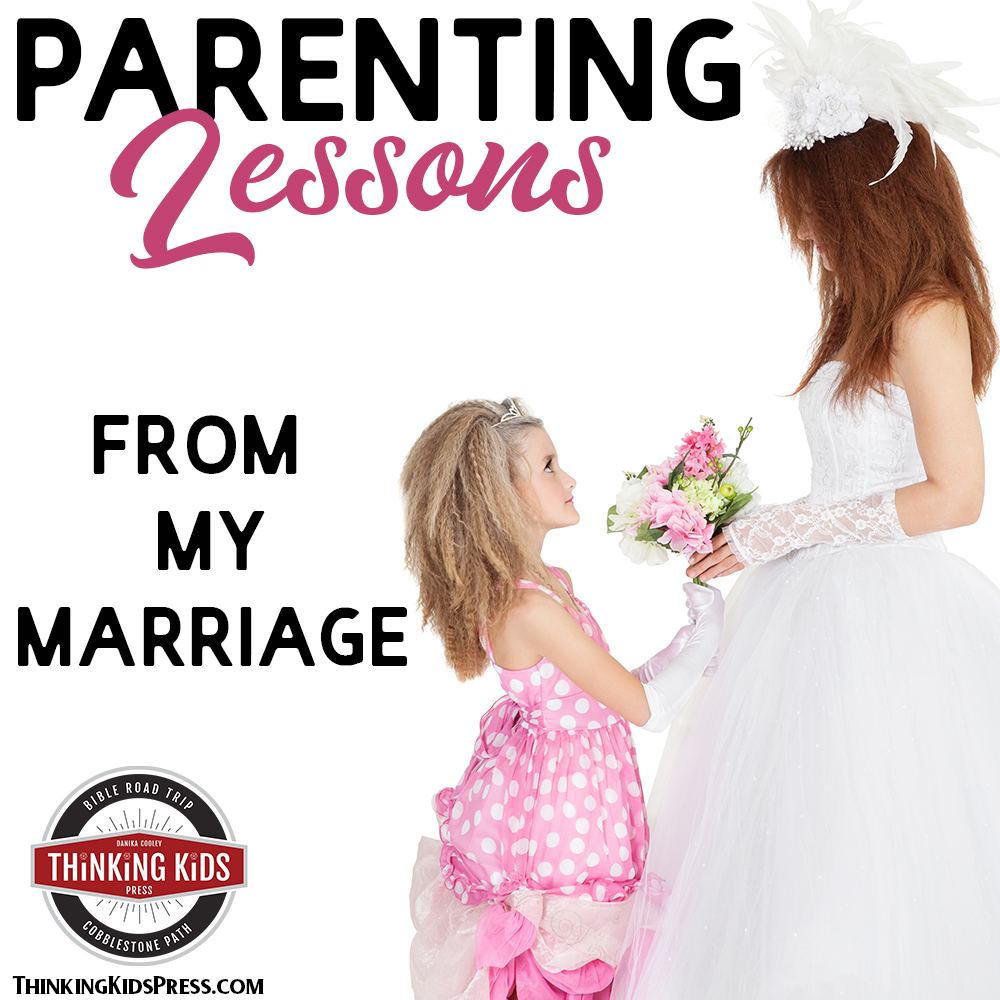








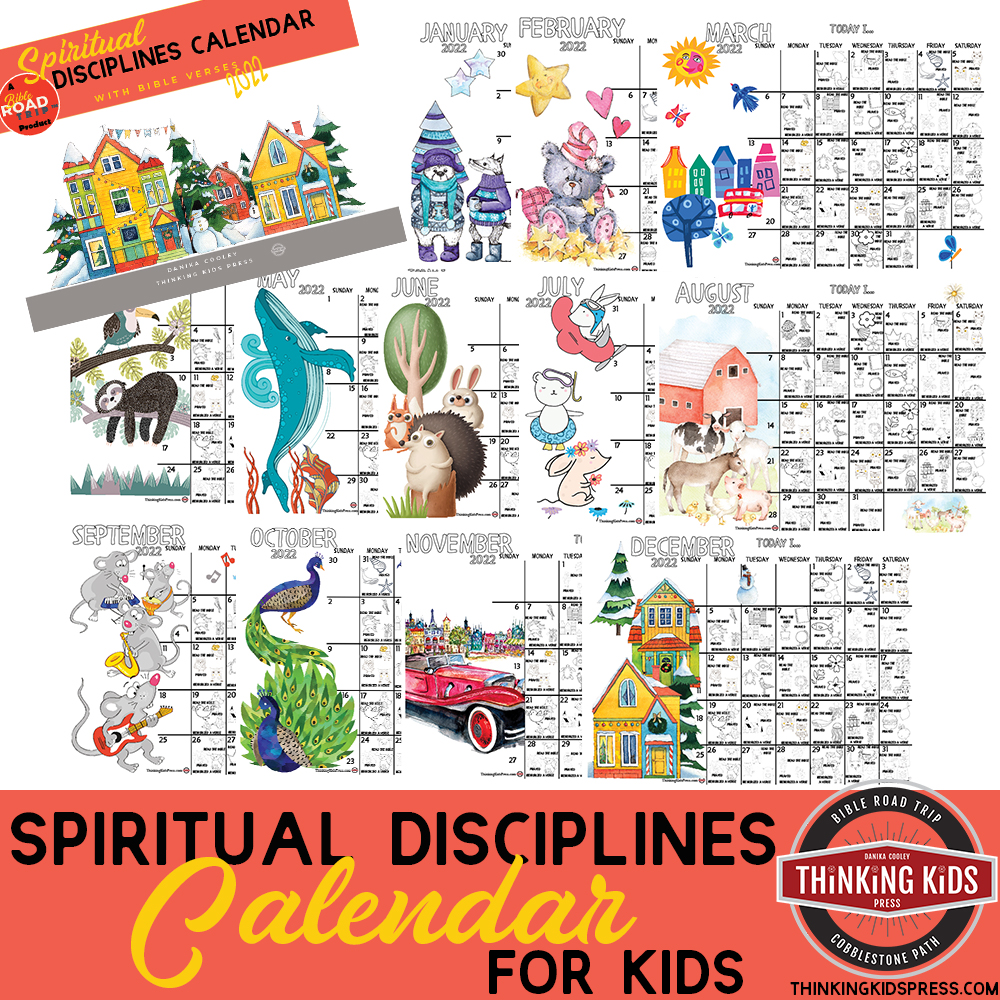



















































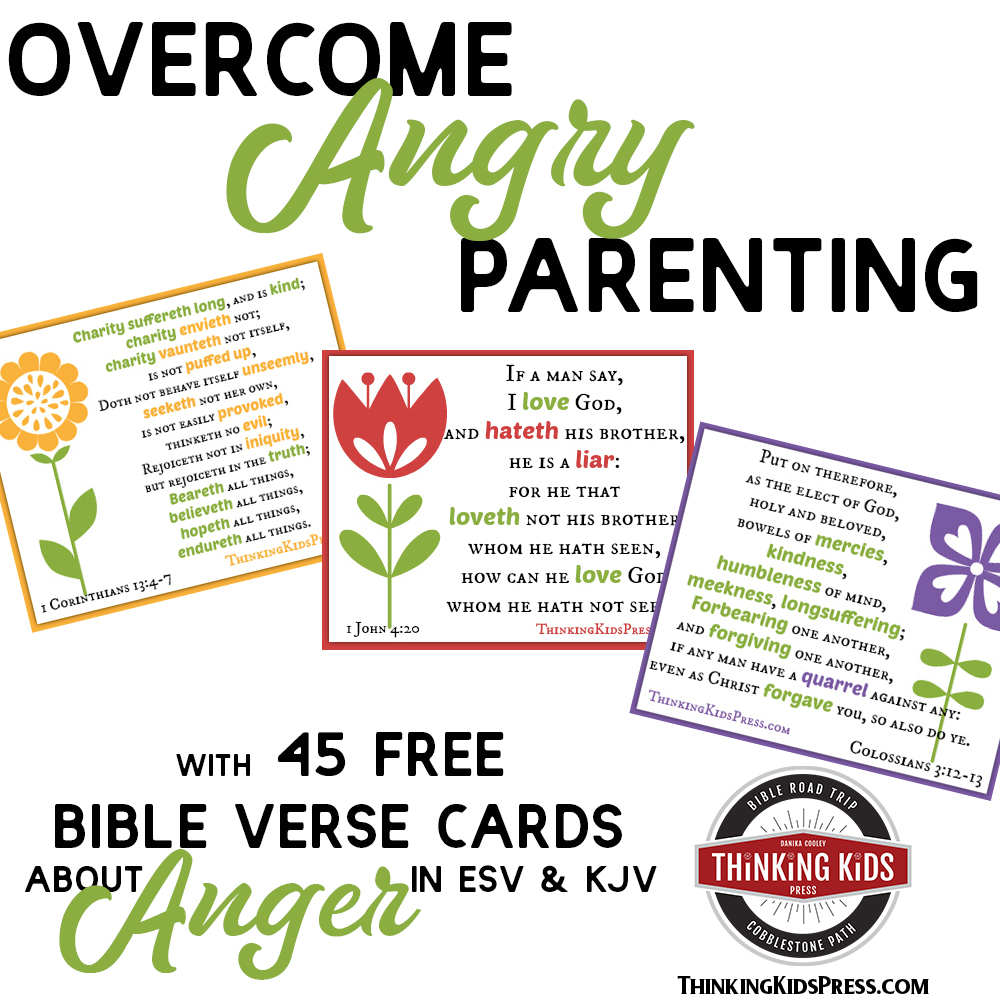
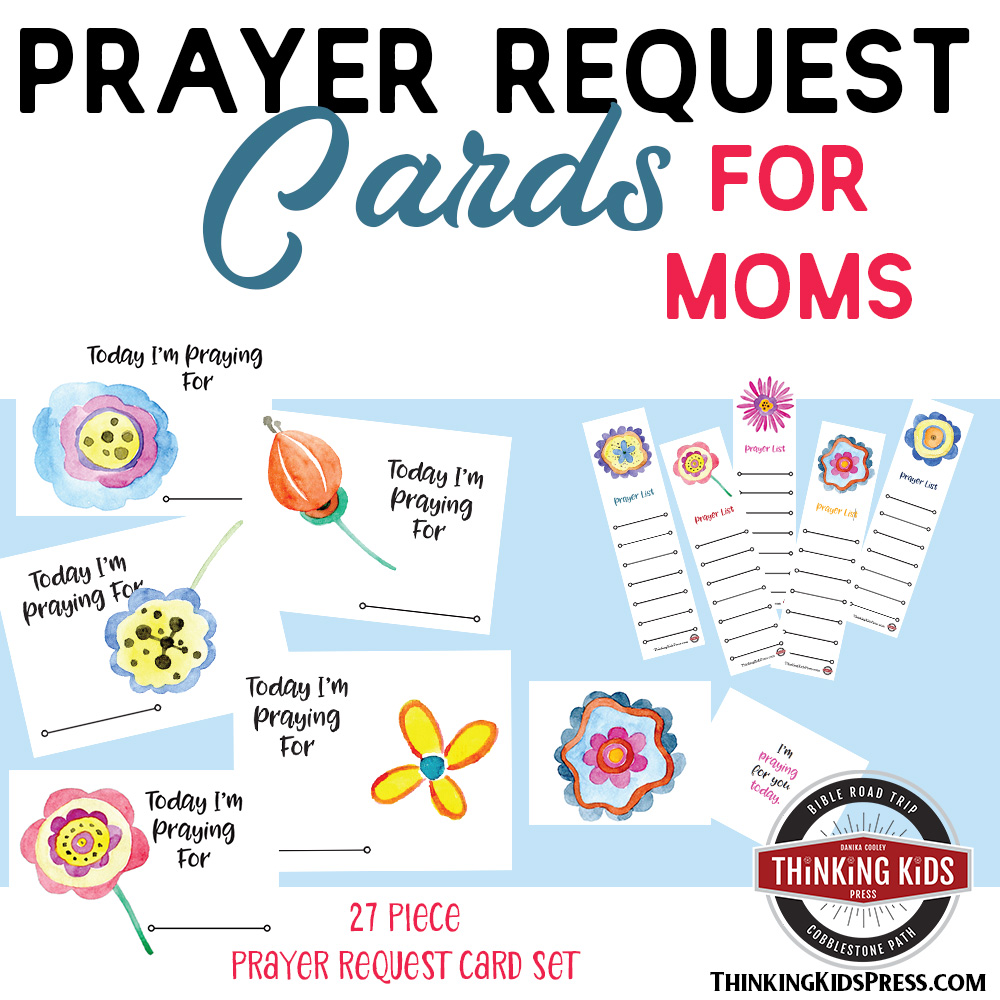

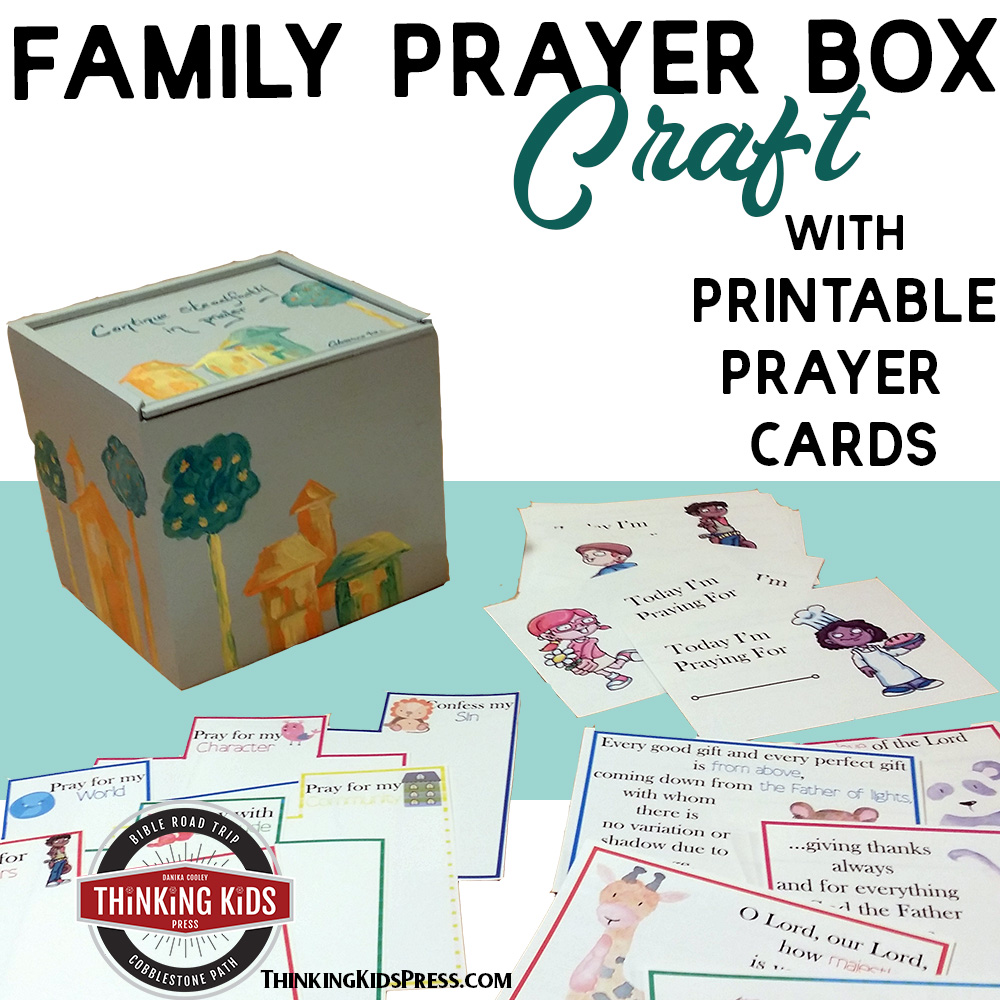
















Enjoyed this post! Thanks for the reminder to LISTEN. Sometimes we think we are, but we really need to put more time into it!
Thanks, Heather. I know *I* always can stand to improve my listening skills!
~ Danika
Thank you for this post! It’s so important to remember this time is hard for our teens, learning who they are and we need to listen and let them learn within that safety net. Good reminders for all parents of teens.
I am an 11 year old girl and a big sister of three I can’t wait to talk to my mom about this and when it’s time to help with my siblings.
Great post! I have to agree with every one of those comments. Sometimes my teenage daughter starts talking “at” me at a really bad time, so I calmly say to her, “I really want to be able to listen to what you have to say, could you please wait a couple of minutes until I’m done with…….” and it let’s her know she’s still important, but I need to finish what I’m in the middle of. Also, the asking for help is a big one – my daughter is great with some of the tech stuff I’m not so savvy with.
I would add spend time with your teen doing something he/she loves to do – just the 2 of you – whatever it may be: the movies, out to dinner, mudding, sports, music, arts, etc…..